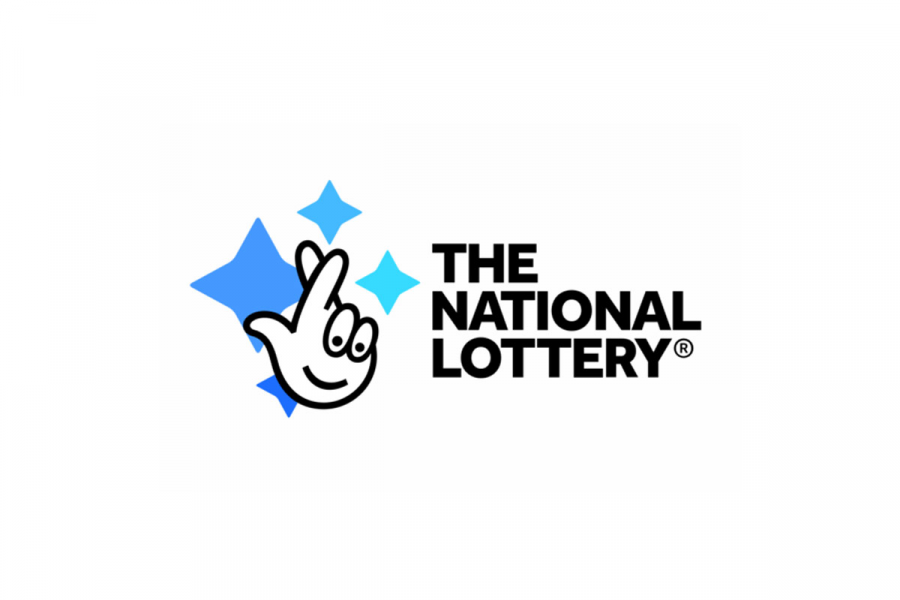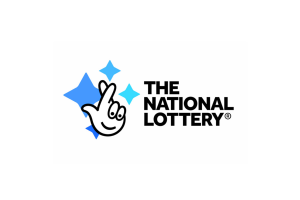UK National Lottery good causes revenue steady in 2021-22

The National Lottery distributed £1.84bn to good causes in the last financial year.
UK.- While the future of the UK National Lottery is tied up in legal battles over the Gambling Commission’s recent tender for the next licence, the lottery has reported its good causes donations for the last financial year. The National Lottery distributed £1.84bn to good causes in the 2021-22 financial year, up 0.4 per cent from the previous year.
It reported basic primary contributions of £1.80bn, £71.6m of which was drawn down during the year, while £14.3m was discounted owing to VAT recovery, funding for the National Lottery Promotions Unit, interest on primary contributions and recovery of interest charges on EuroMillions funds held in trust.
After those discounts, the primary contributions stood at £1.72bn, down 0.6 per cent. To that was added £111.1m in unclaimed prizes and £12.2m in miscellaneous payments such as secondary contributions, payments for lost or stolen scratch cards and financial penalties.
The National Lottery holds good causes funding in the National Lottery Distribution Fund. It’s the job of the regulator, the Gambling Commission, to ensure that payments to good causes are made accurately and punctually.
The National Lottery has raised more than £46.0bn for good causes since its launch in 1994. That includes funding for sports, arts, heritage, health, education and the environment.
The Court of Appeal has reversed a decision that allowed the Gambling Commission to move ahead with the transfer of the British National Lottery to Allwyn. The Czech lottery giant has been chosen to run the National Lottery from 2024, but Camelot has mounted a legal challenge against the results of the Gambling Commission’s tender.
At the end of June, the High Court granted the Gambling Commission permission to go ahead with its enabling agreement for the transfer of the National Lottery to Allwyn. The decision supported the Gambling Commission’s request to ensure that Camelot’s legal challenge did not delay the process. However, the Court of Appeal has reversed that decision.










